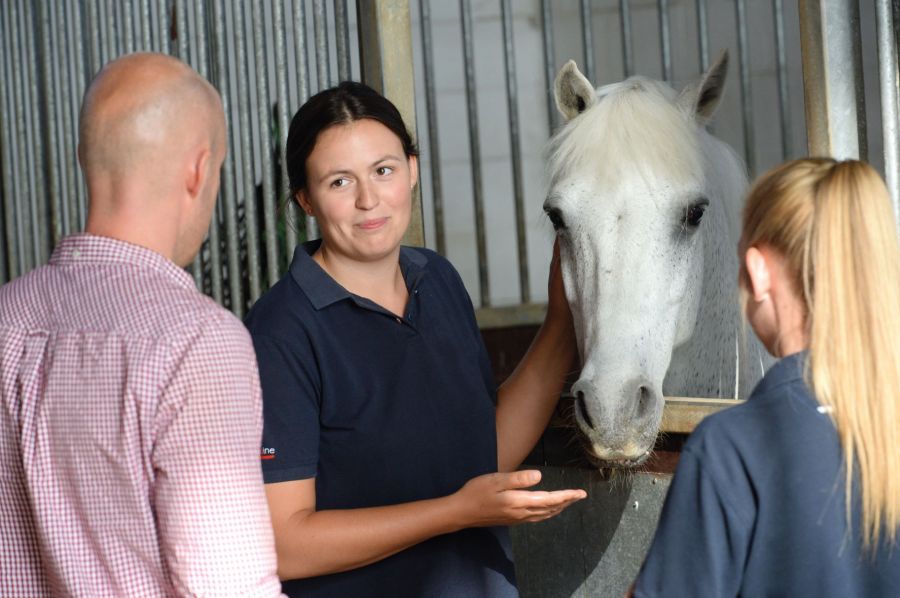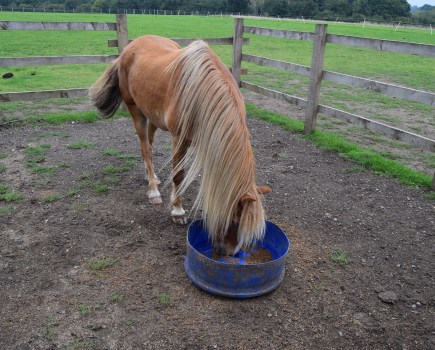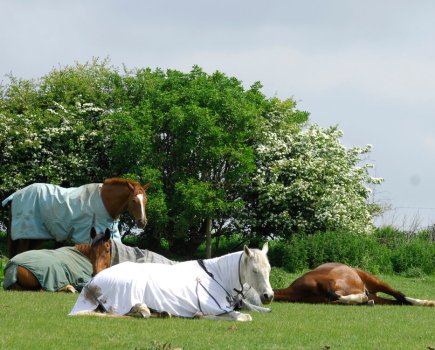We love our horses and want to care for them in the best possible way in order to keep them happy and healthy — even if it does mean a vet bill to pay — but are you inadvertently making things harder than they need to be?
To help an equine vet diagnose and treat your horse effectively, it is important to make the vet’s job easier, rather than more difficult. Robinson Animal Healthcare explains five things your equine vet really wishes you wouldn’t do
1 Apply products to a wound
If a wound is severe enough to require veterinary treatment, it is important to not apply anything to the wound before the vet has had a chance to examine it.
Products such as purple spray and wound powder can interfere with the colour of the tissue and any discharge, making it difficult for the vet to properly assess and treat the wound effectively. This can result in delayed healing and a poorer prognosis.
2 Remove penetrating objects
If a wound has been caused by an obvious penetrating object that is still clearly visible in the wound, don’t be tempted to remove the offending object. The vet might need to perform an x-ray prior to removing the foreign object to determine the exact location, angle and depth, and to see whether it is penetrating any vital structures.
In short, removing an object that is embedded in a wound before the vet arrives can hinder treatment and prognosis, not to mention running the risk of not completely removing the whole object.
3 Delay phoning the vet
Never be afraid to call your vet for advice, even for something that seems insignificant, such as a small wound. Delaying calling an equine vet can seriously affect recovery and healing time. Yes, an emergency call out costs money — but in many situations, an early assessment and diagnosis saves money in the long run.
4 Administer prescribed medication without veterinary consent
Many horse owners have got the odd sachet of bute kicking around at the bottom of their first aid kit and it can be tempting to administer it to your horse without speaking to your equine vet first.
However, bute can mask pain, especially if your horse is lame, which makes it incredibly difficult for your vet to perform a lameness examination effectively and get a true understanding of how lame your horse really is.
5 Not vaccinating your horse
Horses should be routinely vaccinated to prevent disease and help reduce the spread of infection. It is a myth to believe that your horse doesn’t need vaccinating because they are old or they don’t leave the yard to compete.
If your horse is not vaccinated against tetanus, even the smallest puncture wound can provide an entry point for the infection to thrive. The survival rate for horses suffering from tetanus is poor, and for those that do get better it is a long road to recovery.
Find out more about Robinson Animal Healthcare









